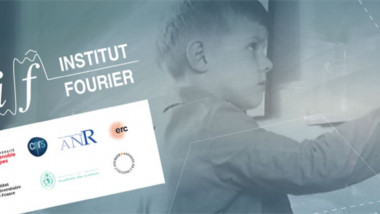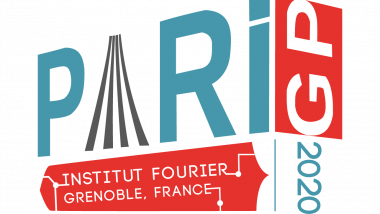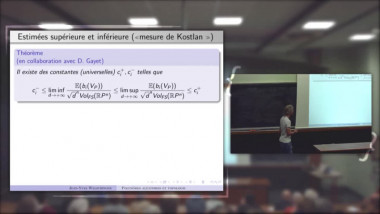[1115] The Hodge theory of the decomposition theorem
Appears in collection : Bourbaki - Mars 2016
In its simplest form the Decomposition Theorem asserts that the rational intersection cohomology of a complex projective variety occurs as a summand of the cohomology of any resolution. This deep theorem has found important applications in algebraic geometry, representation theory, number theory and combinatorics. It was originally proved in 1981 by Beilinson, Bernstein, Deligne and Gabber as a consequence of Deligne's proof of the Weil conjectures. A different proof was given by Saito in 1988, as a consequence of his theory of mixed Hodge modules. More recently, de Cataldo and Migliorini found a much more elementary proof which uses only classical Hodge theory and the theory of perverse sheaves. We present the theorem and outline the main ideas involved in the new proof.
[After M. A. de Cataldo and L. Migliorini]












